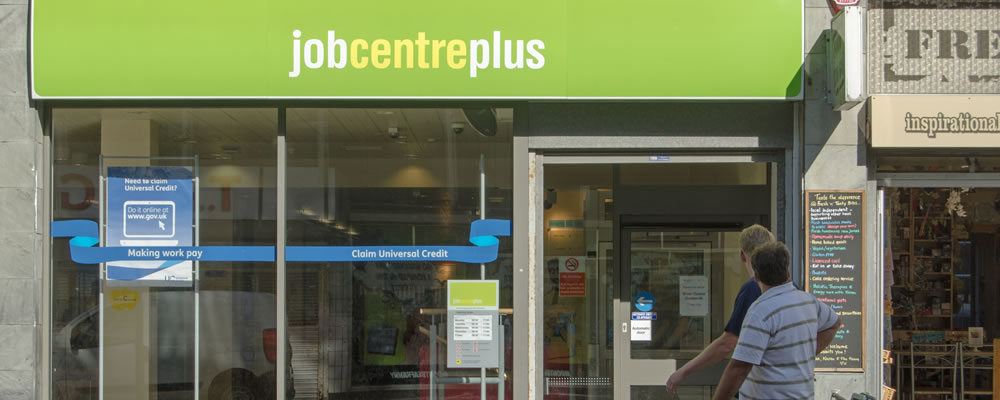Unexpectedly Improved UK Unemployment Rate Weighs on Euro Pound Sterling (EUR/GBP) Exchange Rate
A surprise improvement in the UK unemployment rate left the Euro to Pound Sterling (EUR/GBP) exchange rate on a weaker footing this morning.
Investors were encouraged by news that employment rose to a fresh high in the three months to November, dropping the headline unemployment rate from 4.1% to 4.0%.
This gave Pound Sterling (GBP) a solid boost against its rivals, limiting the impact of the ongoing uncertainty surrounding the issue of Brexit.
GBP exchange rates also benefitted from an unexpected acceleration in average weekly earnings, which rose to 3.4% on the year.
With wage growth still outpacing inflationary pressure confidence in the underlying health of the UK economy improved, shoring up the Pound in spite of the clouded economic outlook.
Euro (EUR) Exchange Rates Muted as German Economic Sentiment Remains Negative
January’s German ZEW economic sentiment index failed to encourage EUR exchange rates, meanwhile, in spite of bettering expectations.
While the index improved from -17.5 to -15.0, beating forecasts of a decline to -18.5, this was not enough to shore up demand for the Euro.
With sentiment still sitting firmly within negative territory confidence in the outlook of the Eurozone’s powerhouse economy remains limited.
As the corresponding Eurozone sentiment index also remained in the negative this left the single currency lacking in any particular support this morning.
The sour state of economic sentiment fuelled market expectations for the European Central Bank (ECB) to leave interest rates on hold for the foreseeable future.
Any signs of increased policymaker dovishness at Thursday’s policy announcement could see the EUR/GBP exchange rate slump sharply.
Brexit Uncertainty Forecast to Limit Pound Sterling (GBP) Exchange Rate Uptrend
In spite of the positive nature of the UK jobs data, however, the Pound could struggle to hold onto an uptrend for long.
With the future shape of the UK’s relationship with the EU still lacking any sense of clarity GBP exchange rates are likely to maintain a negative bias.
As James Smith, developed markets economist at ING, noted:
‘While the perceived risk of a ‘no deal’ Brexit amongst investors appears to have fallen, businesses still have to work on the basis that an exit on WTO terms remains the default option on 29 March.
‘There is, of course, plenty of uncertainty surrounding all of this, but one way or another we expect the economy to have a turbulent ride over the next couple of months. For this reason, we think the chances of Bank of England tightening in the first half of this year are fading rapidly.’
The latest CBI business optimism and industrial trends indexes may put additional pressure on the Pound if the data reflects an increasing sense of tension over Brexit.
If business sentiment extends its slump further in the first quarter this could give the Euro to Pound Sterling (EUR/GBP) exchange rate a strong rallying point.



